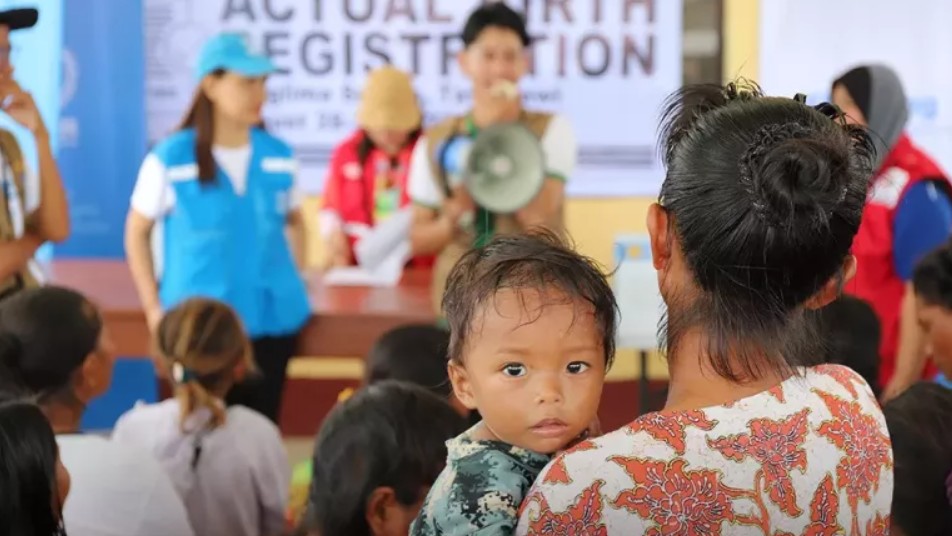12 BARMM, Sulu localities receive digital birth registration equipment from UNHCR, Japan

Twelve cities and municipalities in the Bangsamoro Autonomous Region in Muslim Mindanao (BARMM) and Sulu have received digital birth registration equipment from the United Nations High Commissioner for Refugees (UNHCR) and Japan to address low birth registration rates in the region.
According to a statement Wednesday, the UNHCR, together with the Embassy of Japan in the Philippines, turned over the equipment in Davao City on Tuesday.
The equipment would be used in Sultan Kudarat, Sultan Mastura, and Cotabato City in Maguindanao; Butig, Masiu, and Marawi City in Lanao del Sur; Luuk, Omar, and Talipao in Sulu; Maluso in Basilan; and Languyan and South Ubian in Tawi-Tawi.
The hand over is part of the initial phase of the Japan-funded Initiative for Promoting Digital Birth Registration, which aims to reach 50 municipalities in 30 months.
“Expanding the impact of digital birth registration in these areas will ensure that no one is left behind,” said UNHCR Philippines Head of National Office Maria Ermina Valdeavilla-Gallardo.
“Ensuring more of the region’s citizens are acknowledged and included in the region’s progress is essential to a lasting peace. A stronger sense of belongingness can serve as a firm bedrock for more inclusive communities, and a more harmonious region,” Japanese Ambassador to the Philippines Endo Kazuya said.
The UNHCR also conducted a two-day capacity development support to local civil registrars of the pilot areas from January 27 to 28, particularly on the use of the MSSD- initiated Civil Registry Registration Information System.
The system aims to improve the municipal civil registrar offices’ file management system by digitizing, indexing, and archiving records, and generating statistical reports that help track birth registration.
Citing the 2020 Census of Population and Housing of the Philippine Statistic Authority, Unicef Philippines said BARMM figured the lowest proportion of persons with registered births at 77% of the household population, corresponding to about 1.10 million persons with unregistered births. —Mariel Celine Serquiña/RF, GMA Integrated News




